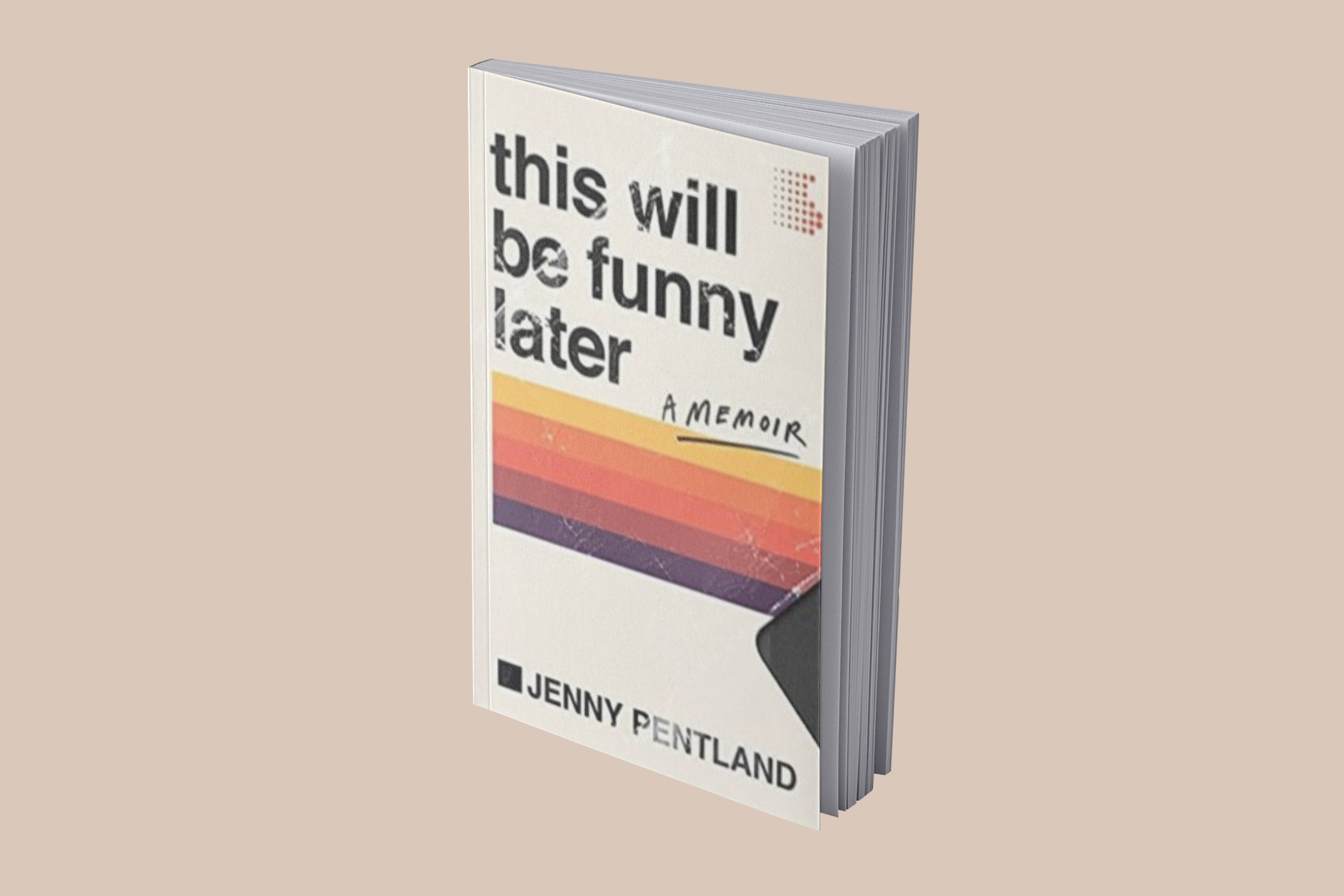
This Will Be Funny Later: Jenny Pentland on Fame’s Glare
You might not know who Jenny Pentland is, but if you read her new book, This Will Be Funny Later (Harper, $27.99), you’ll want to; the hilarious memoir, by turns scorching and poignant, reveals what’s like to have one of America’s funniest comedians—Roseanne Barr—for a mother.
Pentland talks to Fiction Editor Yona Zeldis McDonough about growing up in the hot glare of fame.
YZM: You’ve written that you were “…raised part atheist, part Jewish and part Wiccan, with a touch of paganism…” Can you elaborate, especially on the Jewish part?
JP: My mom is Jewish. Her last name was shortened from Borisofsky when her grandfather came from Russia to The US. Her maternal grandparents were Jewish emigrants from Austria Hungary and Lithuania. They kept their Jewish heritage a secret. Later when my mom started working at a feminist bookstore in Denver, she got more into Wicca and Kabbalah and brought a lot of different spiritual books home.
YZM: Being Jewish was one reason you felt you didn’t fit in; what were some of the others?
JP: We were fat and feral and naked dirty hippy kids who wore costumes as clothes when we did get dressed. We were louder than everyone else. We were also much funnier than everyone.
YZM: Let’s talk about weight, body image and fat shaming—what role did these play in your childhood?
JP: It’s hard to explain the role body shame had in my life as its own thing. It was part of everything I did, said, thought, ate, wore… it was so pervasive and just constantly reinforced. I still can’t separate it out from my other thoughts or feelings. It’s always there.
YZM: Your mother sounds like a feminist and a role model in many ways; true?
JP: Yes. Absolutely. She is the kind of role model that you don’t realize is a role model until later. She’s always been ahead of her time and able to see things others can’t seem to.
YZM: Are you proud of her insistence on retaining control over her creative voice and her professional path?
JP: Yes. It was an almost impossible task that required laser focus and a really good bullshit meter. It took a lot of allies and money and risk and leverage and psychic warfare and witchcraft and luck too.
YZM: Fame can transform lives but from your description, it also deforms them—care to comment?
JP: Money transforms lives and money and fame are connected but I don’t think fame has positive effects in and of itself. Putting somebody on a pedestal removes their humanness and I think removing the human part of the human experience can never be good.
YZM: What is your life like now?
JP: This week, it’s in shambles. Next week—who knows. I have 5 sons who amaze me daily with their depth, awareness, humor and love. Everything else is icing.
YZM: What have you learned from your exceptional upbringing and what aspects of it, if any, do you bring to the family you have made?
JP: I learned to laugh. I learned to survive. I learned to make mistakes and grow and move on. I learned forgiveness. Unfortunately, I also learned to be defensive and untrusting and closed off. I learned fierce independence as a defense mechanism. Those are hard things to bring into motherhood and partnership. Hopefully the love and humor make up for that—at least a little.



